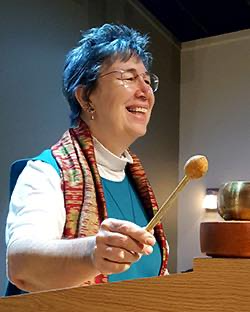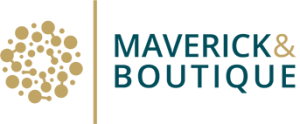It reads like a scene from a movie you don’t want your children to see: Global pandemic. Racial killing in cold blood. In public. By an officer of the peace. Followed by riots. Followed by… But wait, this isn’t a movie, and there’s no one coming to save us! That’s our job, you and me. Here are my thoughts on how we start today.
What’s going on here?
Human brains are wired to search for danger: the same brains that our ancestors had back in the time of sabre tooth tigers and marauding bands bearing clubs. Unlike then, however, we are constantly bombarded by what our brains perceive as “danger” in the form of 24-hour news cycles, global connectivity, social media, always-on lifestyles and accelerating change.
This leads to chronic stress and a host of destructive reactions, including the inability to distinguish between real and imagined threats. Scary stories loom large, when we’re stressed, like monsters under the bed. Monsters that may include our boss, our co-workers or our neighbors. They may be people who hold different political or religious views than we do. They may come from cultures with which we are not familiar. In order to protect ourselves, we may draw on the ancient tradition of telling stories about them, based on little or no real understanding of how they feel or what they care about. We cast them as “other” and ultimately less than human.
Sometimes we go public with our fear, on social media, perpetuating memes of separation in the name of righteous ideology. Other times, we hide our othering, ashamed that we, who profess to love our fellow humans, would engage in such a thing. All of which causes more stress and more fear.
We must calm ourselves in order to think clearly and take action that matters.
The first thing that every one of us must do is find a way to calm the cycle of overstimulation and fear that permeates modern life today. We need to train our brains and our bodies to relax, so we can be part of the solution, not the problem.
An excellent way to do this is to adopt a regular mindfulness practice. There are many examples, including meditation, yoga, tai-chi or other martial arts, walking in nature and journaling. The key is to commit and do it every single day. Research has shown, for example, that meditation produces physiological changes in the brain related to positive cognitive and emotional outcomes, including patience, compassion, clarity of thought and the ability to remain calm under pressure.
So start now and keep going. Even better, find one or more people as accountability partners and share the journey. We are also wired to be and do things together, and this alone helps calm us by letting us know we belong.
Now comes the hard part.
Once we calm ourselves down, we can begin the real work of shining the light of our awareness on our own dark places of prejudice and fear. It’s time to get under the bed with a flashlight and take those monsters on. It’s easy to direct our justifiable rage and indignation at what happened to George Floyd, and a lot harder to own each thought we have, each action we take—however small—that perpetuates inequity, inequality, and othering.
We must start by being compassionate with ourselves and with others. Remember, we all have thoughts we’d rather not own, and we all have done things we regret. They do not make us unlovable. They are part of being human. The task is to acknowledge them and begin the process of replacing them with the way we want to be.
Here’s something you can do today.
Find someone you know who is really different from you. Maybe a different gender expression, someone from a different cultural or racial heritage. Explain that you would like to understand their perspective about something (it could be being a parent or working at your company…whatever seems most natural) and invite them to share their views. You can preface your request by saying that you’re practicing being open to the viewpoints of others.
Then, what you do is listen. Really listen. And notice the feelings and thoughts that come up; but let them go. The main thing is to refrain from judging yourself, which only perpetuates stress and fear. You might adopt a phrase to acknowledge your thoughts like “how interesting!”. The next step is to compare experiences and find places to connect around things you care about.
These are excellent practices to help address diversity and inclusion at work. In Equality: Courageous Conversations about Men, Women and Race to Spark a Diversity and Inclusion Breakthrough, author Trudy Bourgeois offers an enlightening and compassionate approach to addressing systemic inequality that we all contribute to until we build our awareness and choose a different path.
In times like these, when it can feel like we live in scary movie, we must be disciplined about doing what we can with what we have. We can all start with ourselves, wherever we are, rising to the occasion by building our awareness and shining it with courage and determination at our individual and collective dark corners. Let’s start in our workplaces, learning more about each other, about our hopes and dreams, our fears, and our struggles. Let’s rewrite the script and tell a story about people who dared greatly, to make a great future, together.
To get you started, we would like to offer you a free downloadable meditation.
 By Abby Straus
By Abby Straus

